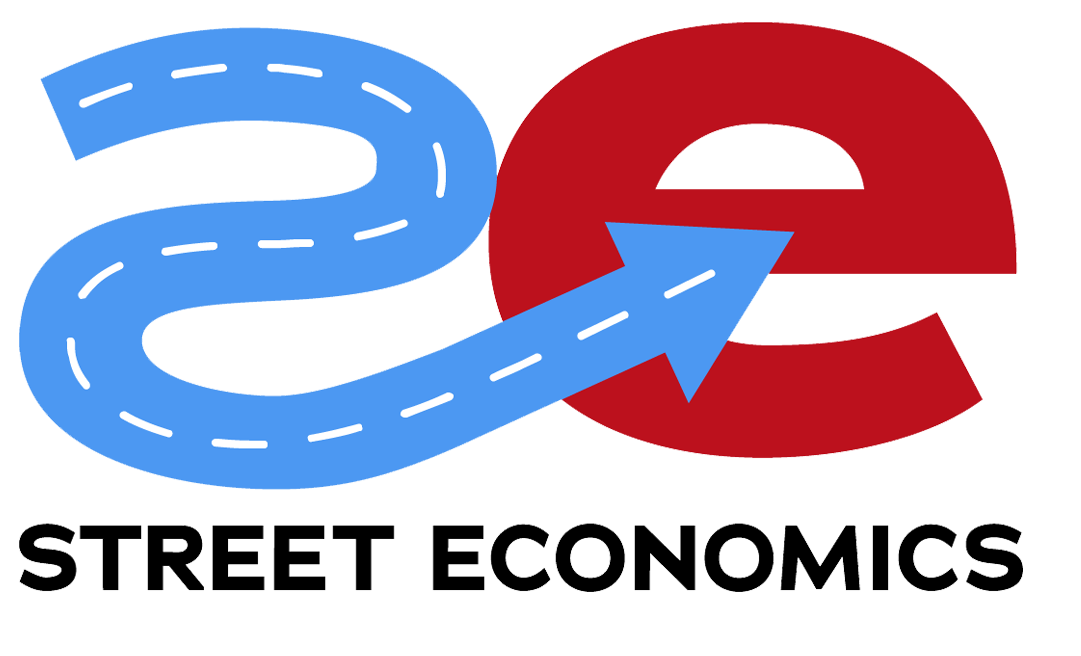BusinessFlare Take
Indiana’s new governor is gut-checking the state’s own economic development machine. After a bombshell report exposed self-dealing and missing money at an Indiana venture fund, Gov. Mike Braun froze its funding and ordered a forensic audit of the Indiana Economic Development Corp. Elevate Ventures, a state-affiliated VC outfit, got called out for sloppy accounting and side gigs, and now the state wants every dollar accounted for. This isn’t theory; it’s land, capital, and trust on the line. Indiana is sending a message: no more backroom deals with public money, fix the business climate by cleaning house first. (Indiana Capital Chronicle, April 25, 2025)
Street Economics Insight
Fort Worth and Arlington just chipped in for another rosy economic impact study, this time for a high-speed rail line to Dallas. But a Street Economics dive would probably cut through the booster talk. The cities are paying consultants to predict tourism and growth, yet a City Comparison model could benchmark their corridor against real-world peers (think Tokyo-Osaka or DC-Baltimore) to see if those benefits hold water. Traditional methods miss the hidden constraints, like Dallas sitting out the joint study (doing its own) and no regional plan for last-mile transit (which if you take a train to Dallas and don’t have last mile connectivity to your destination, you might as well be in Amarillo. Street Economics’ Opportunities Tool might flag that without unified planning and labor access, this rail project could flop even if the spreadsheets say otherwise. (KERA News, April 24, 2025)
Drama Meter Reading
Huntington Park, California is in full meltdown mode. The city council unilaterally booted one of its own members for allegedly living outside city limits and, despite a judge’s warning “at their own peril,” they hurried to fill her seat this week. Residents shouted them down, a court order hung over the meeting, and the ousted councilwoman is suing the city for illegal removal. This level of dysfunction – defying a judge and your own community – is off the charts. Drama Meter: 9.5 out of 10, because you can’t make this toxic circus up. (Los Angeles Times, April 25, 2025)
Book Drop
Kevin Crowder’s Red Tape Empire might as well have a chapter on Huntington Park. In that novel he writes, “You let bureaucrats decide who gets ahead and who gets crushed.” Sound familiar? The Huntington Park council used a residency technicality to crush a political opponent, proving Crowder’s point about city hall power games. Red Tape Empire shows how a City Hall strangled by insiders will sacrifice fairness to protect their turf, exactly what we saw this week in real life. Crowder’s tale warned that you can’t beat city hall until you have nothing left to lose, and Huntington Park is acting out the script almost word for word. (Red Tape Empire, 2025)
ECOSINT Signal
States are finally waking up to foreign economic threats on Main Street. In Kansas, a new law bans companies linked to China (and other adversaries) from buying land within 100 miles of military bases – an aggressive move sparked by fears of espionage and supply chain control. Nationwide, over 40 states are pushing similar bans on Chinese land buys, drones, or even cutting sister-city ties. The local impact is real: who owns that farmland or warehouse by the airport suddenly matters to national security. Street Economics could turn this into actionable intelligence, using ECOSINT to scan land records and look for signs where foreign money is snaking into our infrastructure. Most city halls aren’t doing this analysis and that’s exactly why many will get caught flat-footed. (Associated Press, April 24, 2025)
Red River Flavor
Georgia ranchers are taking direct aim at Big Beef with their own grassfed cattle coops, bypassing corporate middlemen and selling straight to families and restaurants. Dozens of independent ranches across the state are now selling beef directly to local customers who crave transparency, high quality, and accountability. With nationwide meat recalls and continued mistrust of factory farming, these ranchers are tapping into demand for healthier protein that is not pumped with antibiotics or factory additives. Local food advocates celebrate this as authentic food sovereignty: communities regaining control of their nutrition from a monopolized, industrial food system. This is exactly the kind of ground up, local first resilience Goodnight’s Red River Spice Company stands behind, and these ranchers are using the same tactic we recommend to our cities, finding and using their ‘unfair advantage’. (Atlanta Journal Constitution, April 25, 2025)
The Music Cities
Lincoln, Nebraska just put its money where the music is. The city opened “The Music Box,” a publicly owned rehearsal and recording space downtown, funded by COVID relief grants and run with the local Downtown Association. This is textbook Music City infrastructure: a space for artists to create and perform, backed by music-friendly policy (the city literally built and leased the venue for this purpose). They’re not treating music as a cute afterthought; it’s economic development. The mayor explicitly tied the project to talent retention and downtown vibrancy. While other cities cut arts budgets or leave it to dive bars, Lincoln is investing in the music ecosystem – training local musicians, engaging the community, and giving creatives a reason to stay. That’s how you grow a real music economy, not just host concerts. (City of Lincoln News, April 24, 2025)
Space Economy Signal
Who says space tech only lives in Houston or Cape Canaveral? In San Francisco’s SoMa neighborhood, a modest warehouse is cranking out 40 satellites a week for Planet Labs, a private company that maps the Earth from orbit. Yes, amid SF’s hollowed-out manufacturing base, a space assembly line thrives downtown. This should be a wake-up call to any mid sized city with idle factories: if you’re not courting aerospace startups, someone else – even a high-cost, tech-centric city – will gladly take those jobs. The new space race isn’t just about rocket launch sites; it’s about advanced manufacturing, skilled workers, and local leaders willing to make room (literally) for this industry. San Francisco did, in an old building with a tech workforce on hand. Cities that stick to yesterday’s industries will miss tomorrow’s satellites. (San Francisco Business Times, April 25, 2025)
About Street Economics Daily
Street Economics Daily cuts through noise, jargon, and red tape to deliver sharp, actionable economic intelligence for civic and economic development professionals. Unapologetically blunt, irreverent, and grounded in experience, it’s essential daily reading for city leaders who refuse to settle for yesterday’s strategies.



Comments are closed